- Home | Industry Update | Textile Processing Under Gst: Resolving The Dyeing And Print...
Textile Processing Under Gst: Resolving The Dyeing And Printing Classification Dilemma

Central Goods and Services Tax (CGST) officials have launched investigations into more than two dozen textile manufacturing companies nationwide, suspecting deliberate misclassification of textile processing activities to evade higher tax liabilities. Specifically, the CGST department alleges that manufacturers are incorrectly labeling processes that significantly alter the fabric's nature, such as complex treatments, as simple "washing and dyeing," thereby benefiting from lower tax rates.
According to GST regulations, simple "washing and dyeing" within the textile industry are classified as "job work services" and are subject to a 5% GST rate. Conversely, more transformative processes like bleaching, printing, and other treatments that fundamentally alter the fabric's characteristics are classified under a higher 18% GST rate.
A CGST official revealed that textile manufacturers are intentionally misclassifying services to pay a 5% tax rate instead of the applicable 18%, prompting investigations into diverse firms nationwide, including corporations and SMEs. Authorities estimate the resulting tax shortfall to be in the hundreds of crores, representing a significant revenue loss for the government.
Tax experts attribute the GST misclassification within the textile industry to inherent ambiguities in the tax structure. "Allegedly, certain manufacturers are misclassifying transformative processes under the 5% category," explained Sivakumar Ramjee, executive director at Nangia Andersen, highlighting that the problem originates from the existence of multiple GST rates, unclear definitions, and the potential for intentional misapplication.
Krishan Arora, partner at Grant Thornton Bharat, suggests the issue stems from a "clear case of misinterpretation," arguing that the department's current stance contradicts the original intent of the GST legislation. He emphasized the necessity of a definitive resolution to provide clarity to the textile industry.
The Indian textile industry has undergone significant changes since the implementation of GST in 2017, with job work services playing a crucial role in this transformation. Experts note that a persistent source of dispute has been the proper GST classification of textile processing activities, particularly dyeing and printing.
04:35 PM, Mar 26
Other Related Topics
Industry Update

Kolkata Set to Become Textile Sourcing Hub as YARNEX and TEXINDIA Return in January 2026...view more

Carrington Textiles Introduces Defence Stock Range for Faster Access to Military Fabrics...view more

India’s Energy Giant to Reshape Textile Landscape with Advanced Polyester Hub in Bhadrak...view more
















1.webp)

1.webp)




1.webp)


1.webp)
1.webp)
1.webp)

1.webp)
1.webp)

1.webp)






1.webp)
1.webp)
1.webp)

1.webp)
1.webp)
1.webp)

1.webp)
1.webp)
1.webp)



1.webp)




1.webp)






1.webp)
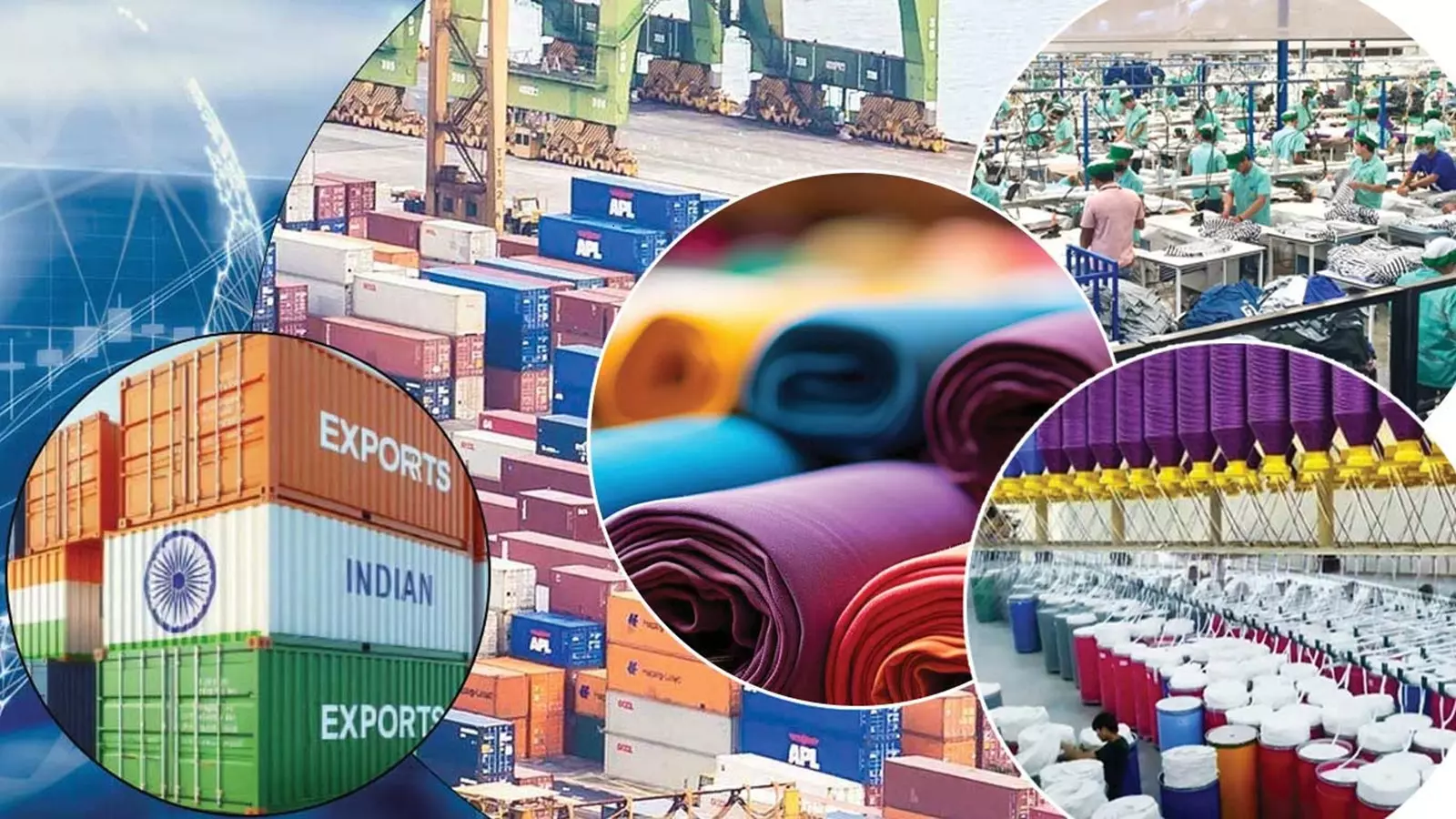


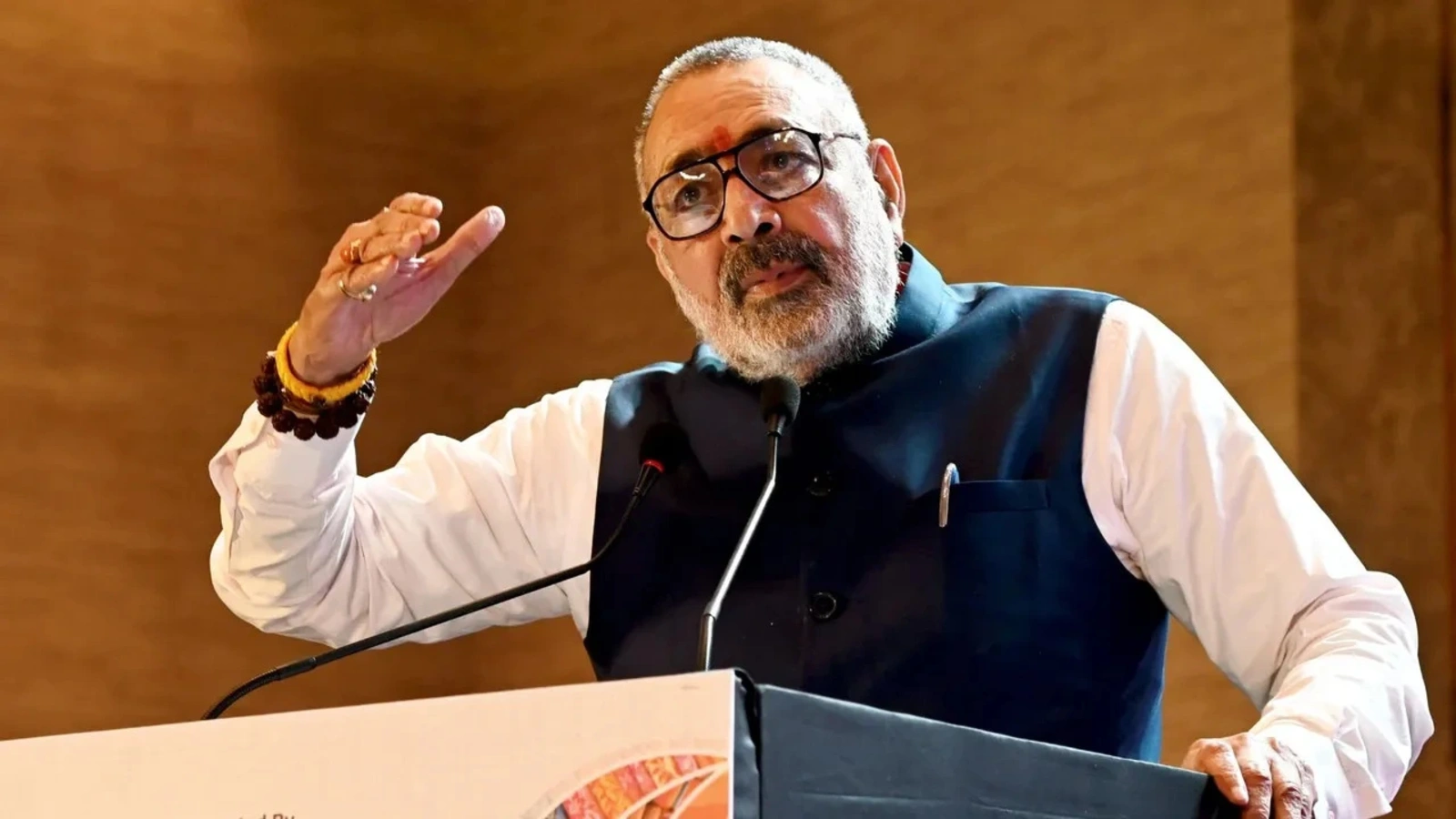
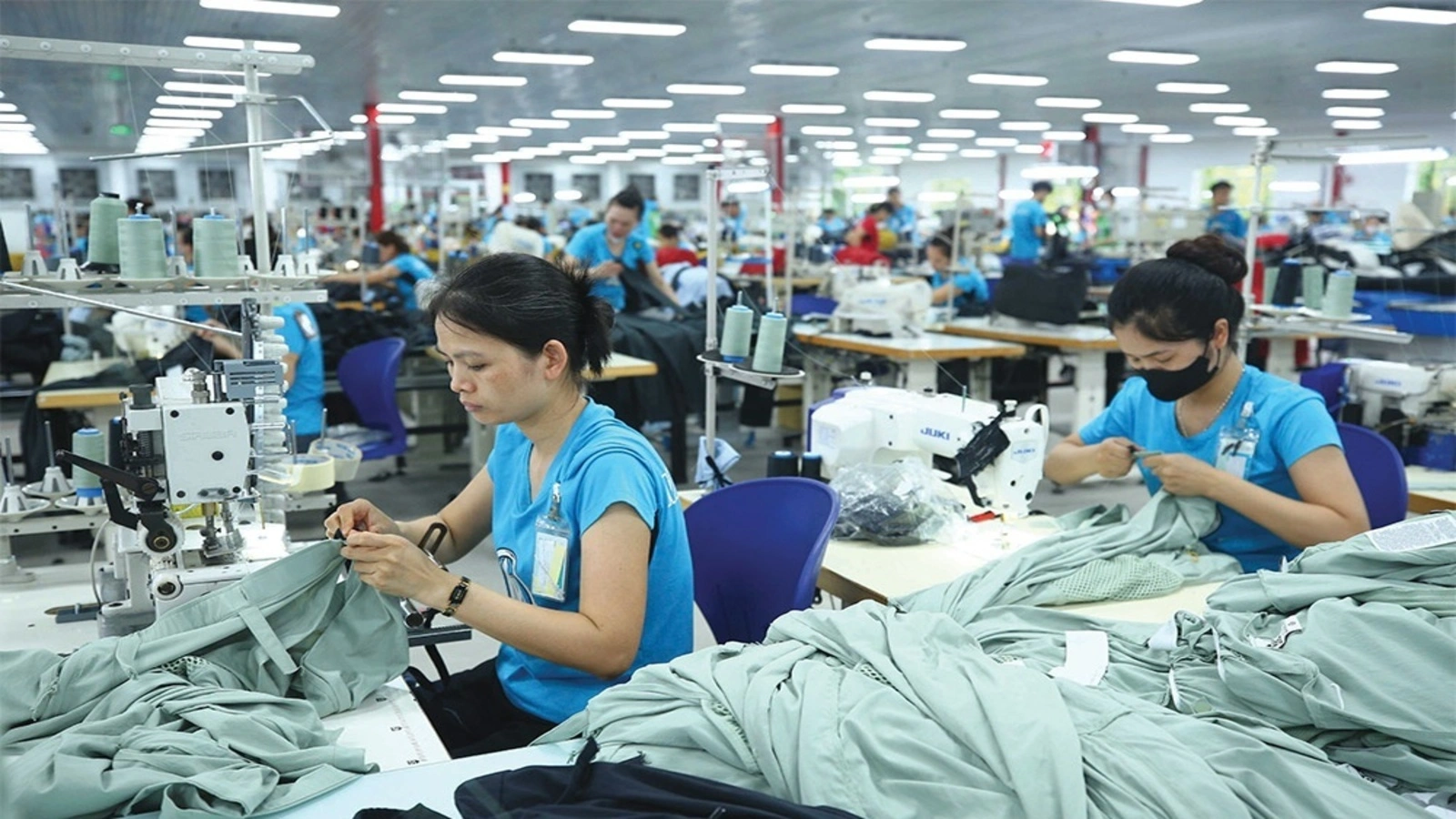
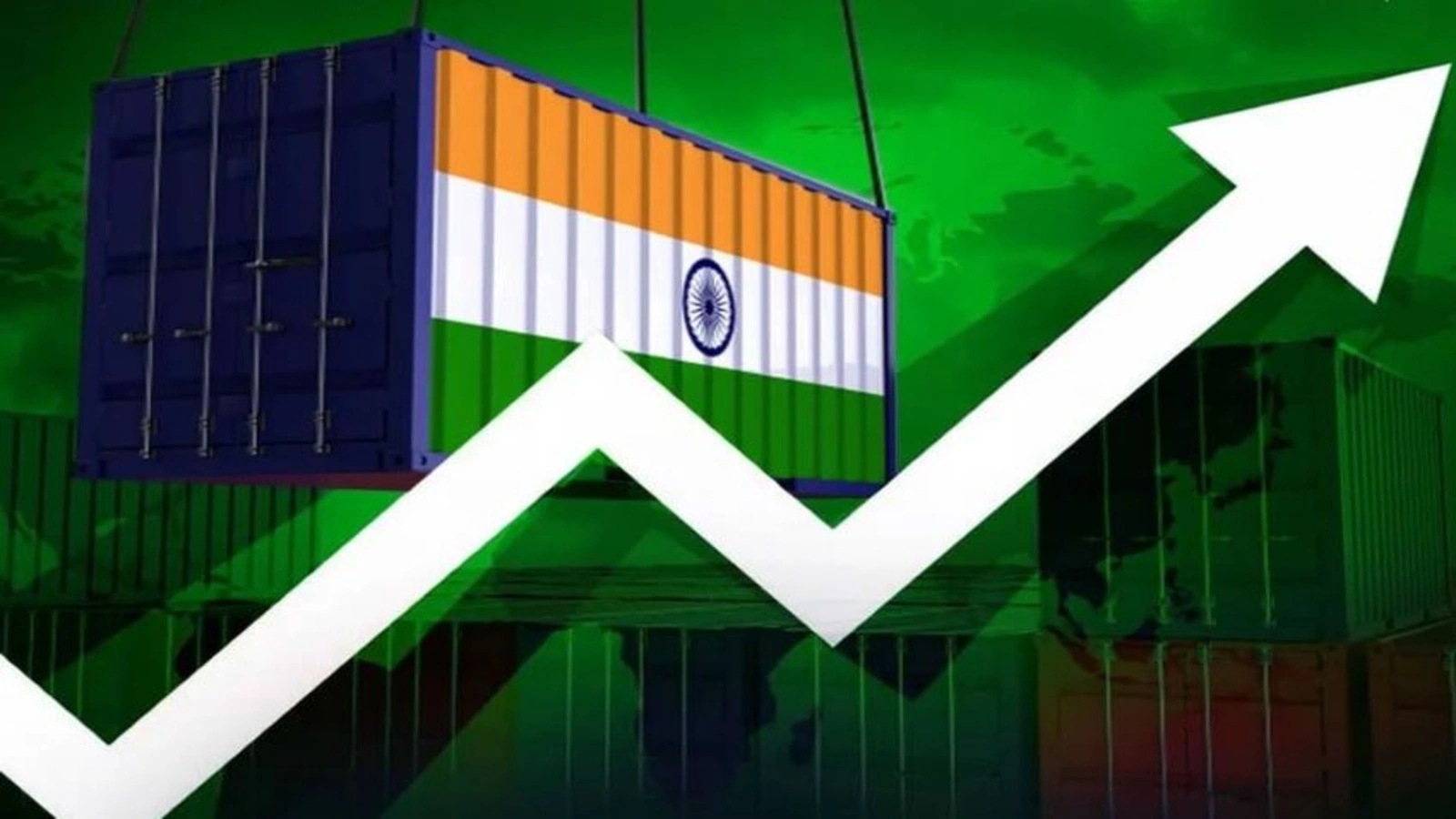
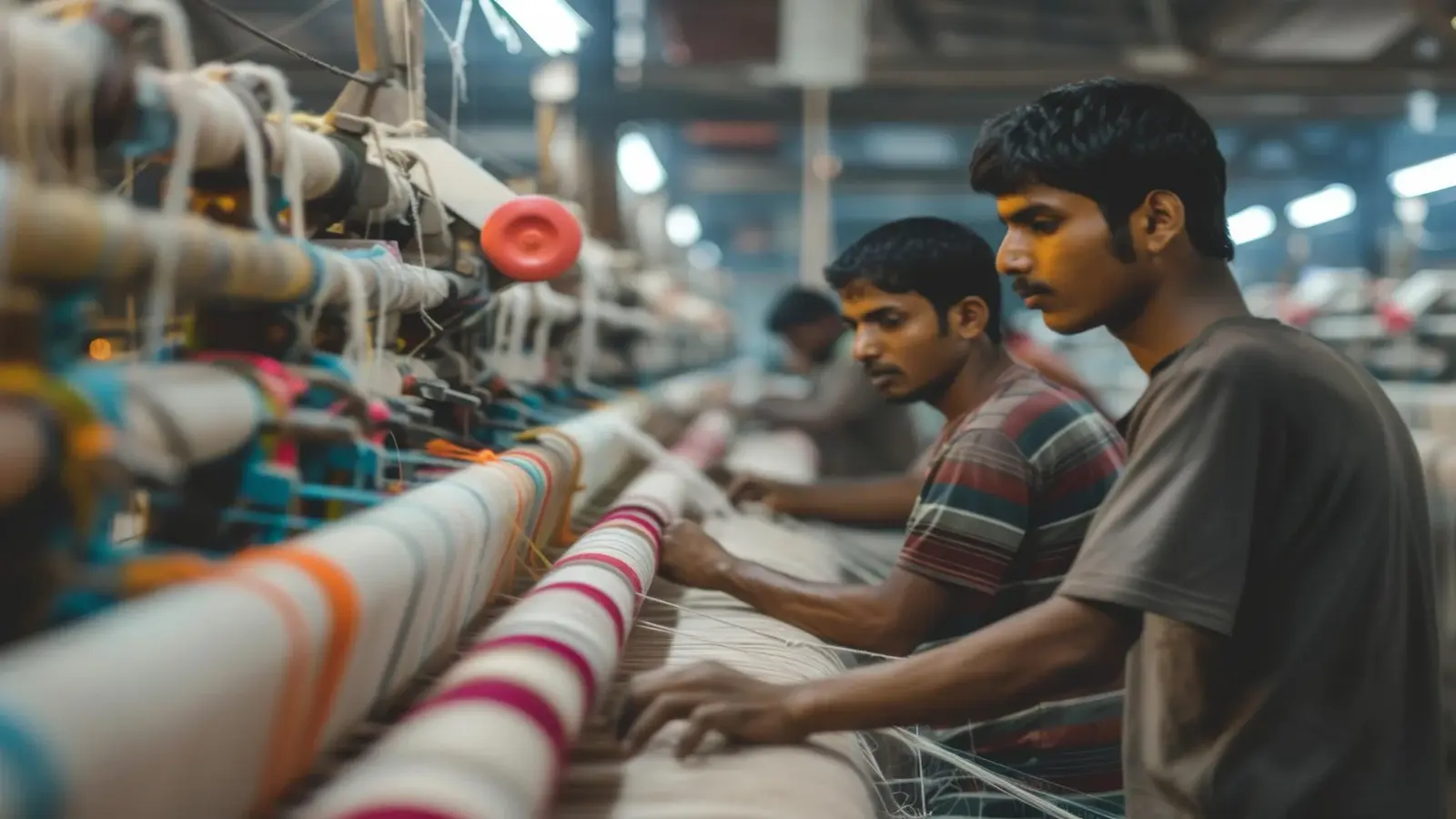

1.webp)
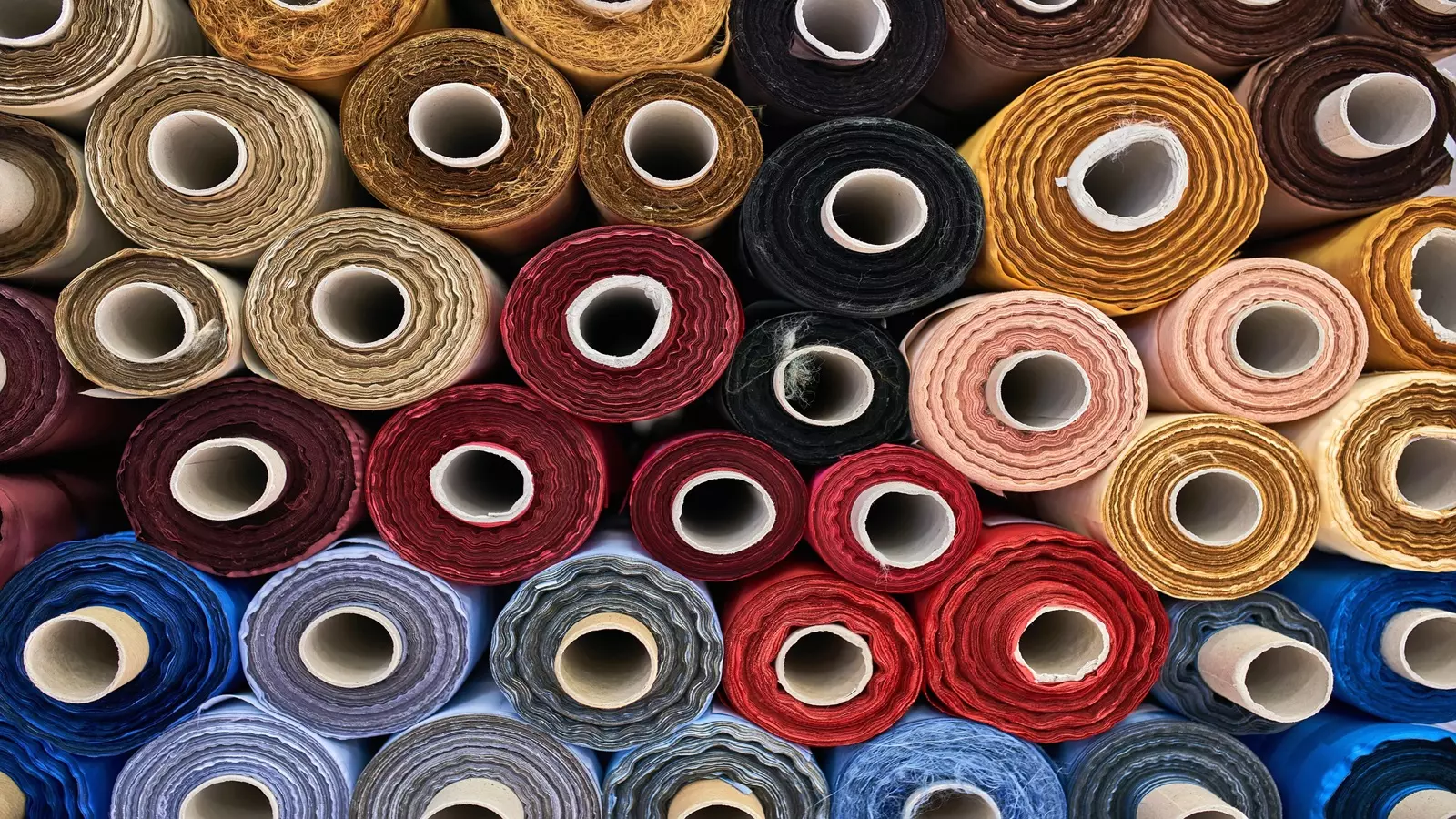




1.webp)



1.webp)
1.webp)
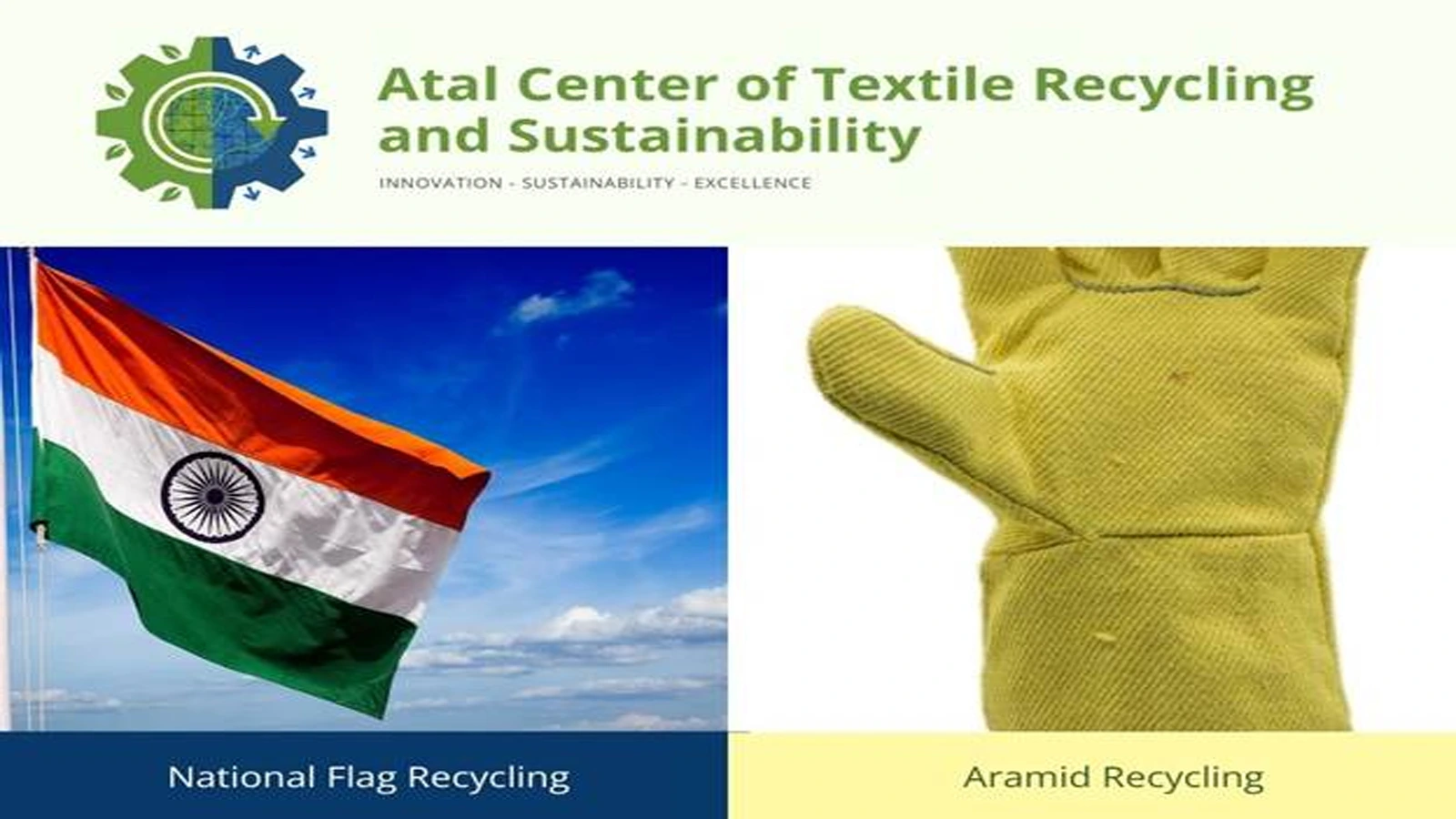
1.webp)

1.webp)

.webp)

1.webp)

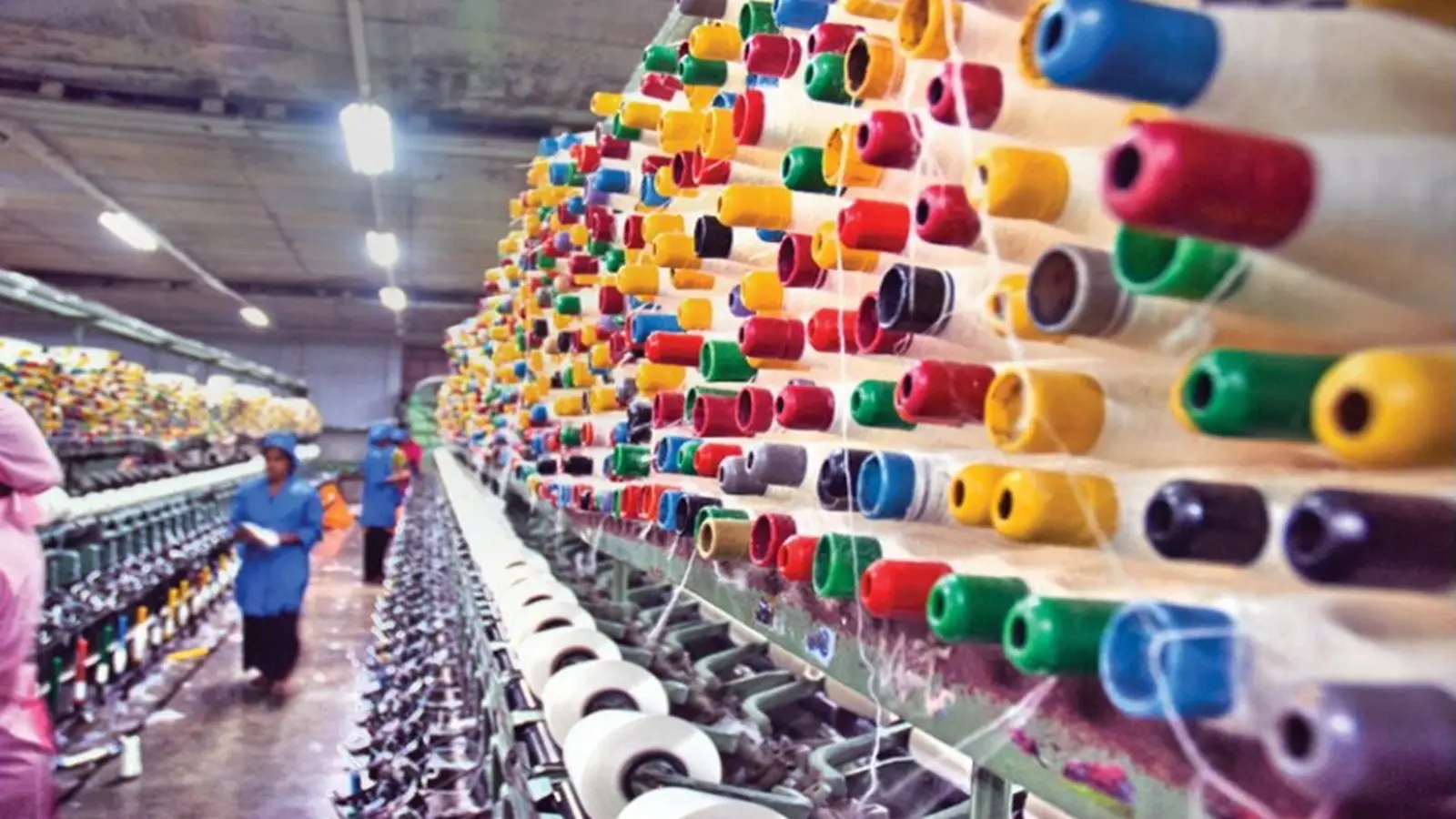
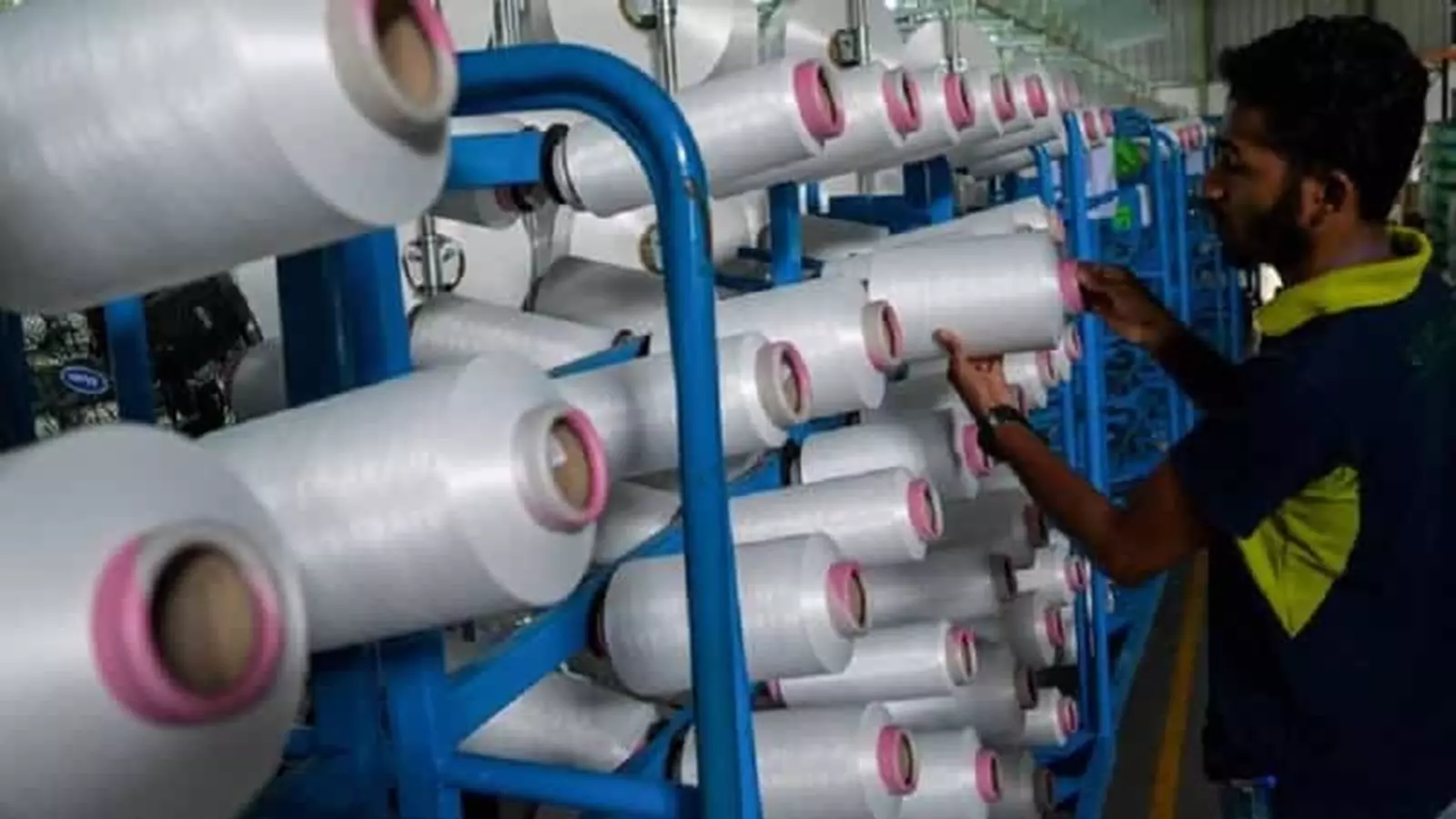

1.webp)








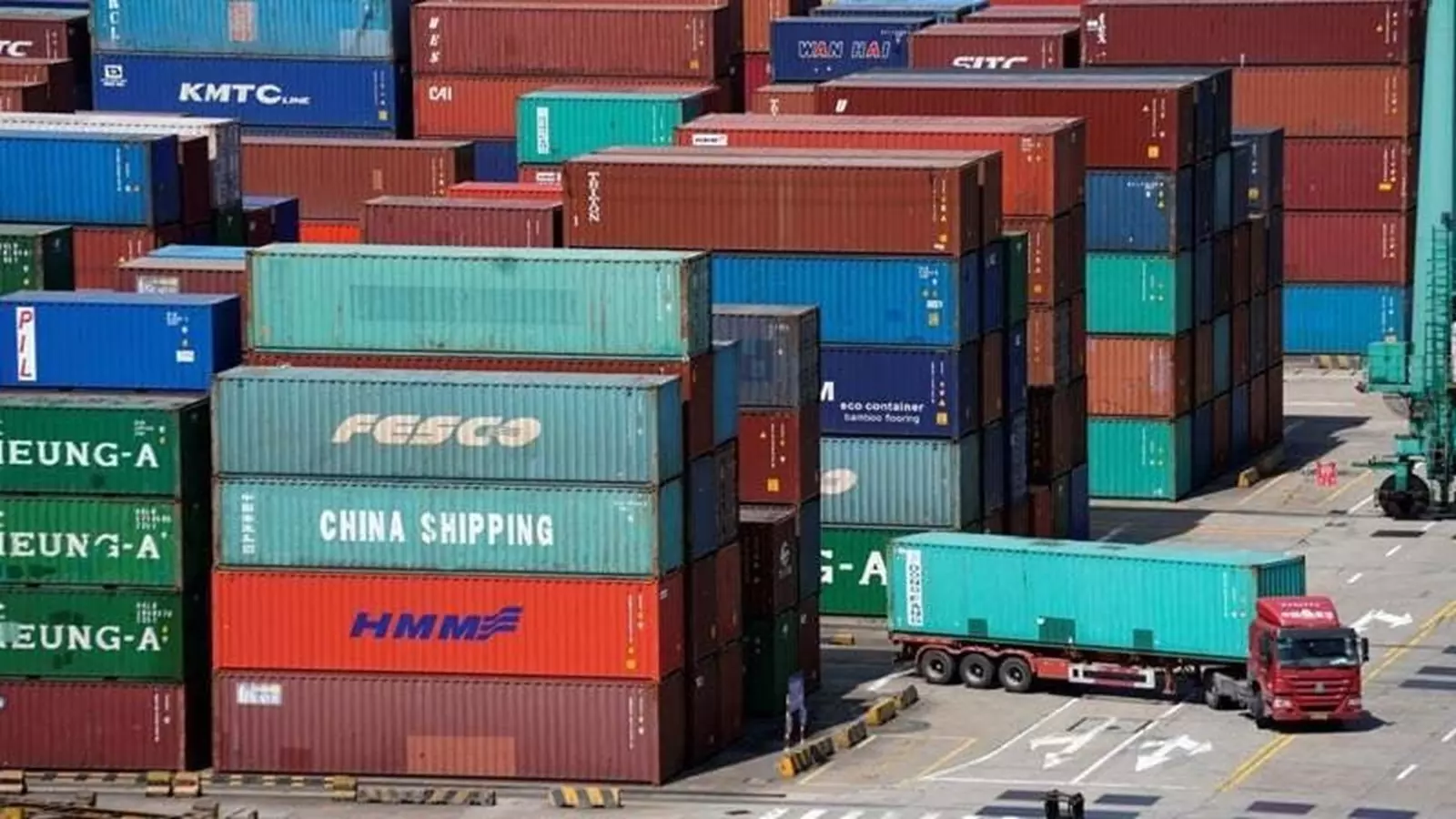

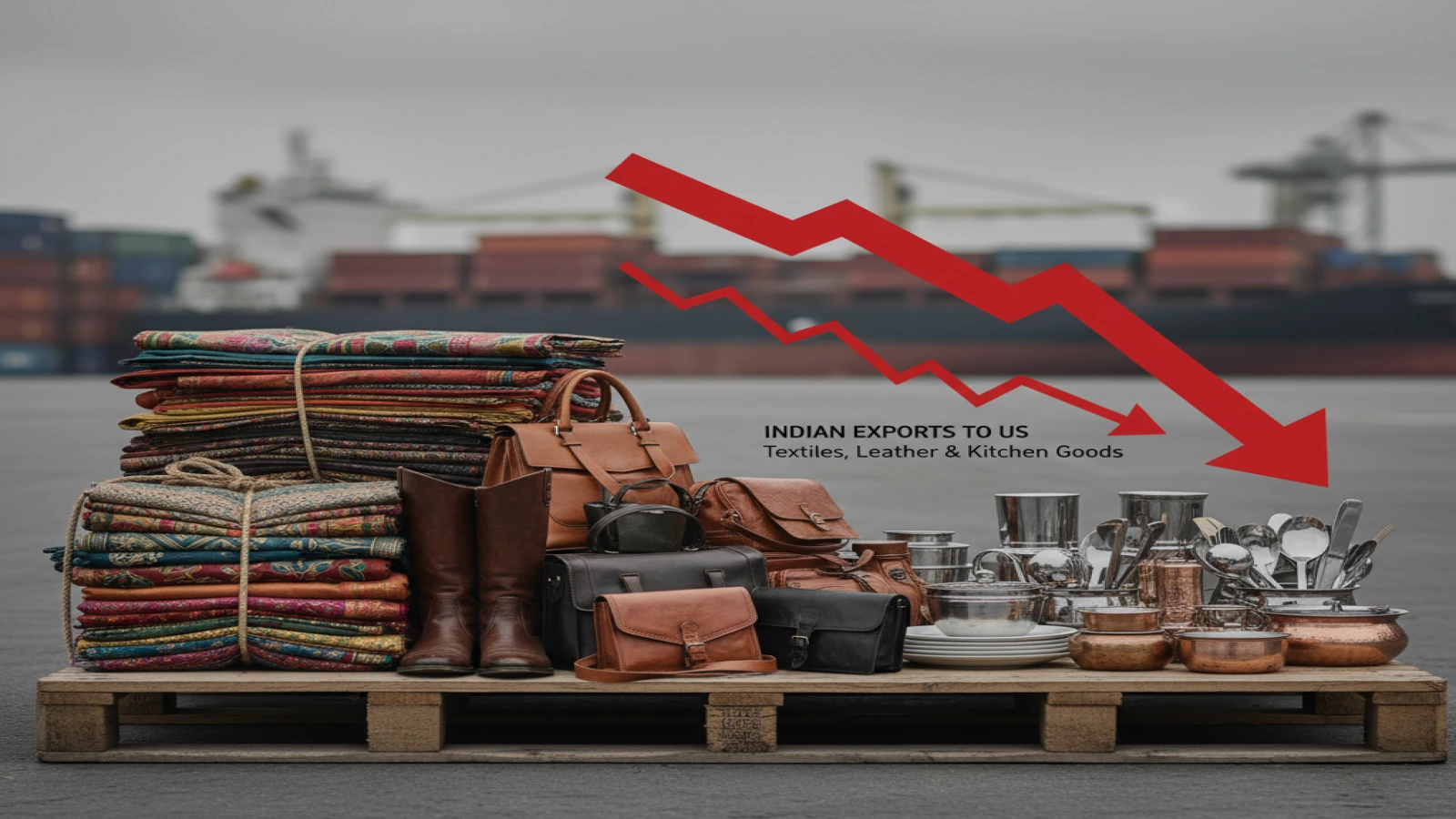
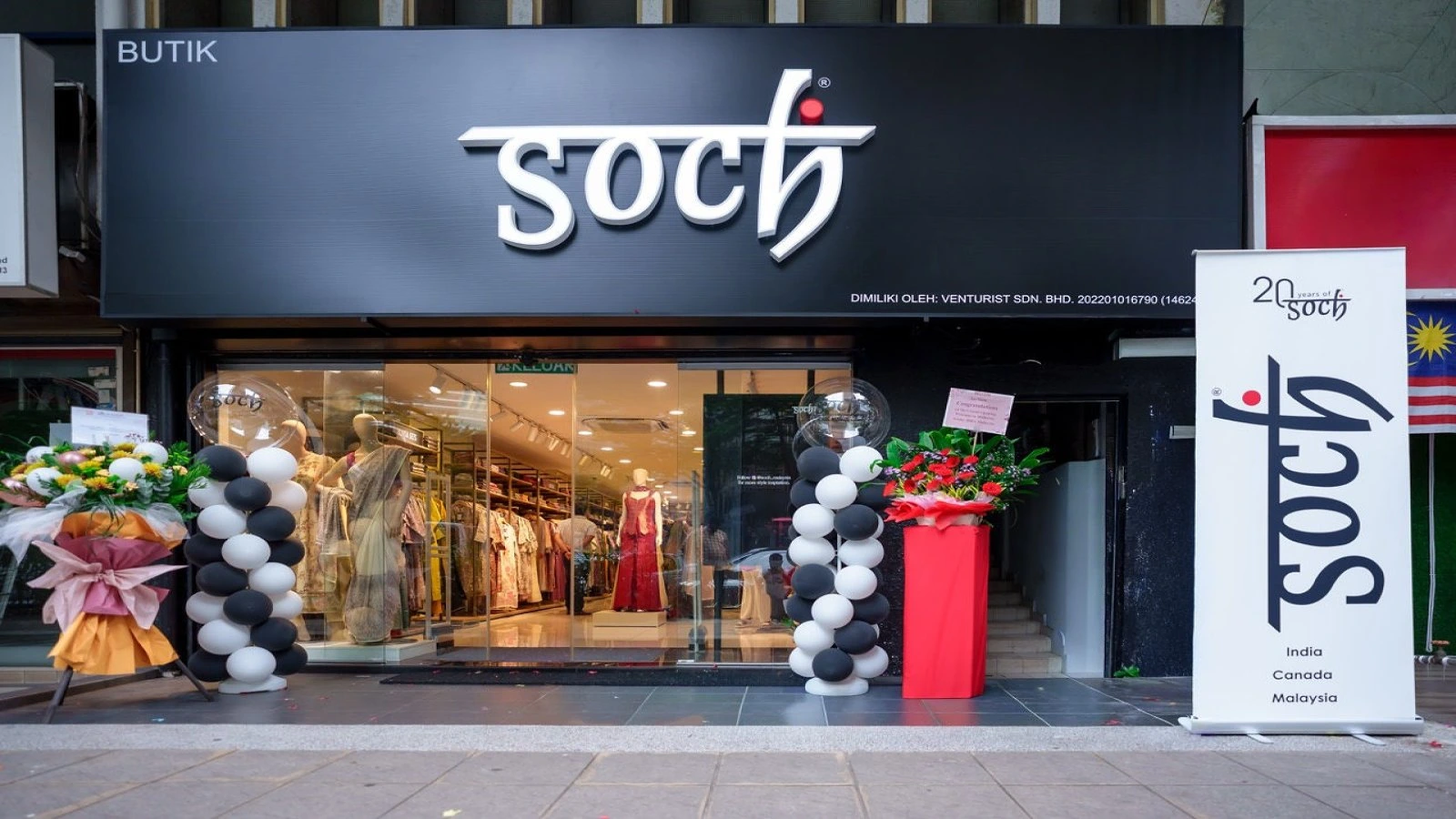
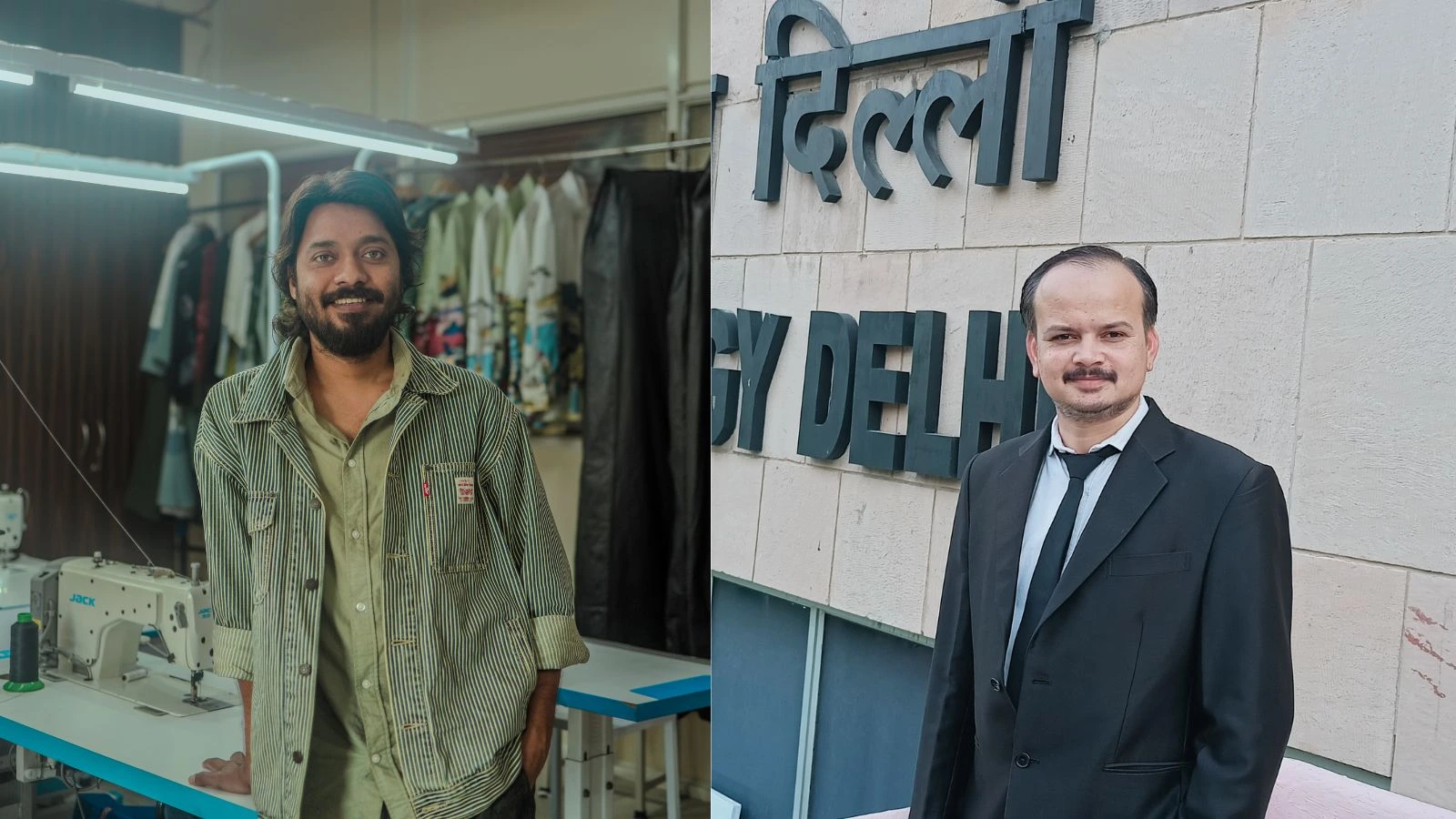

1.webp)
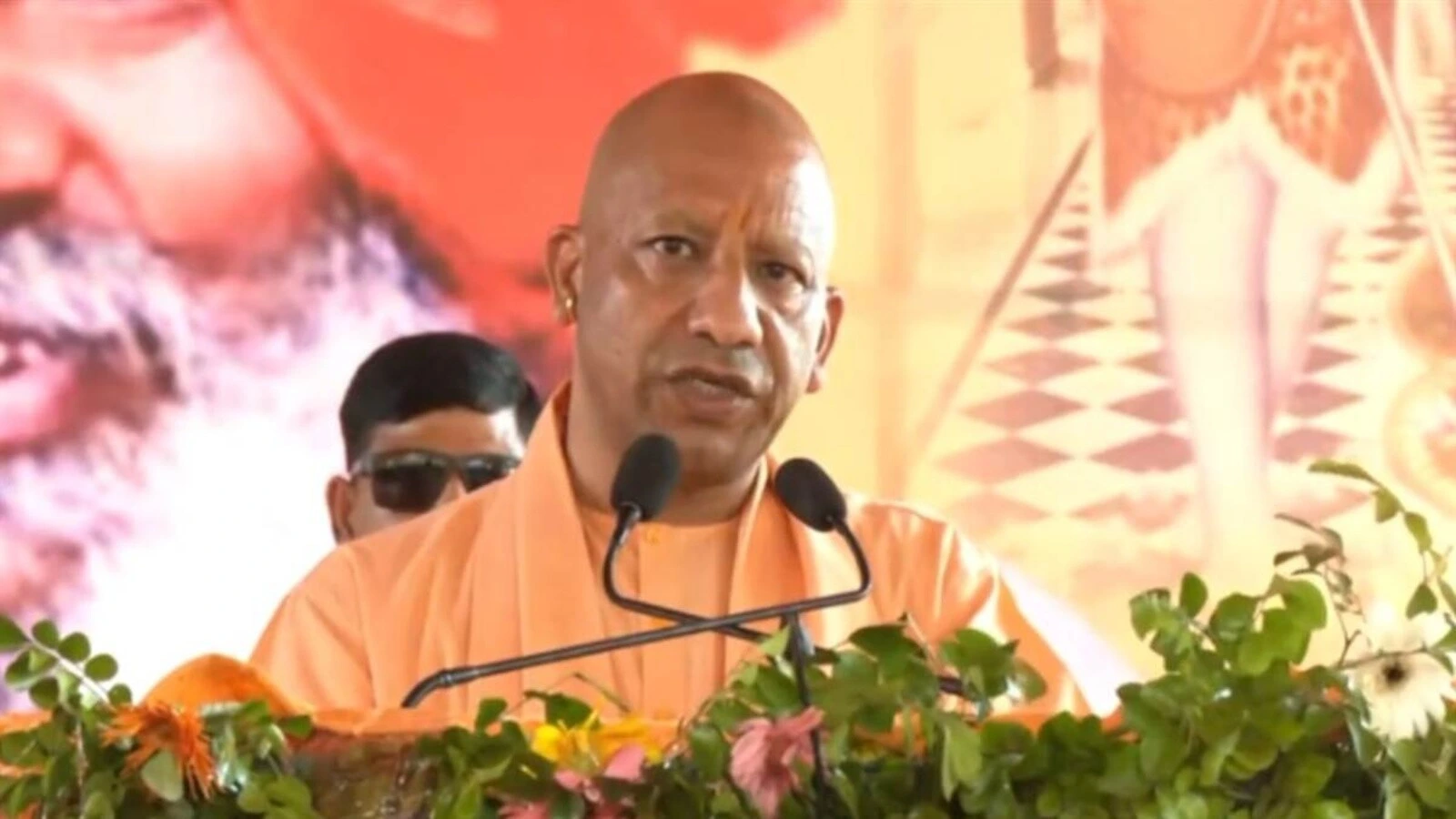
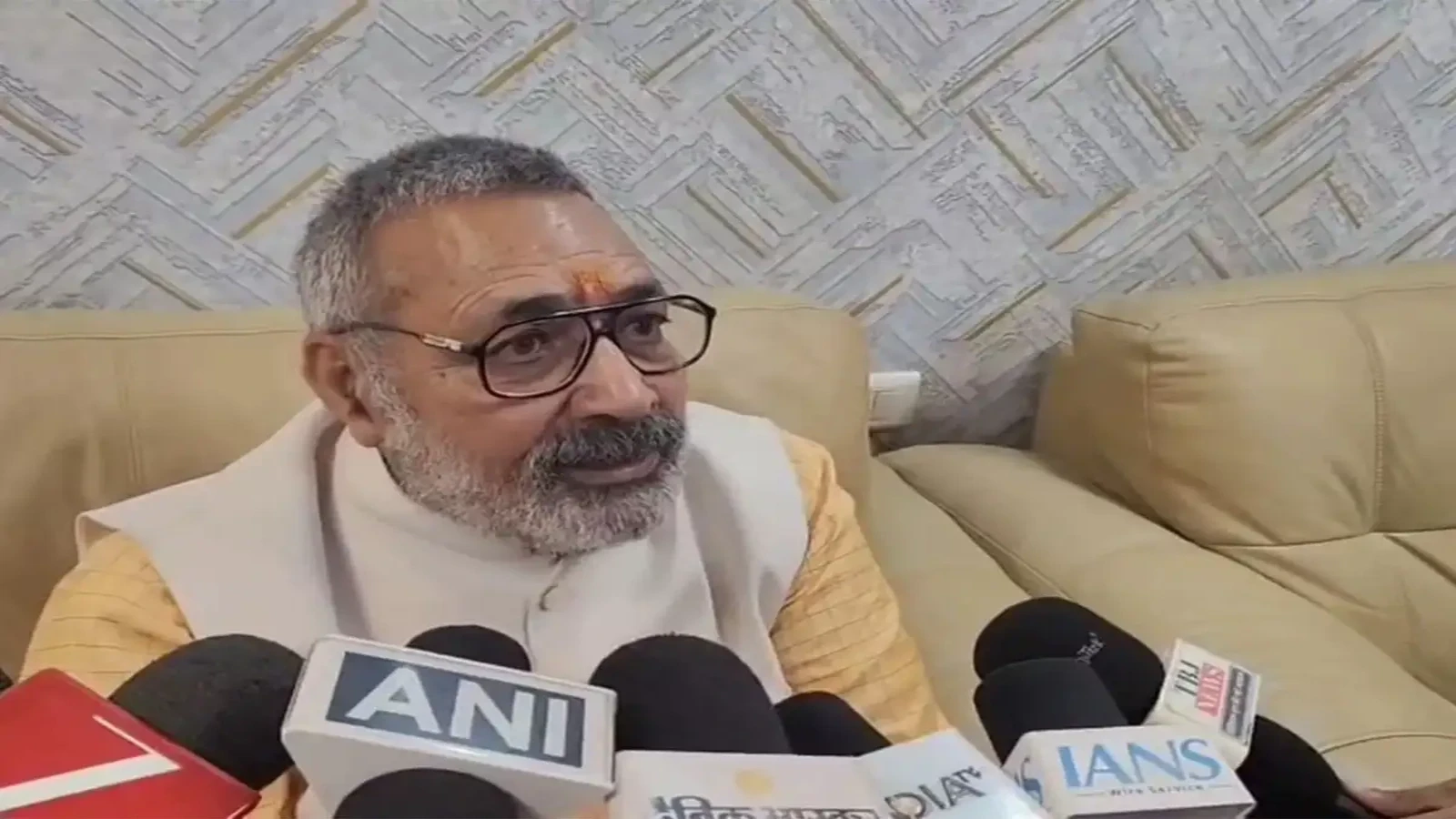

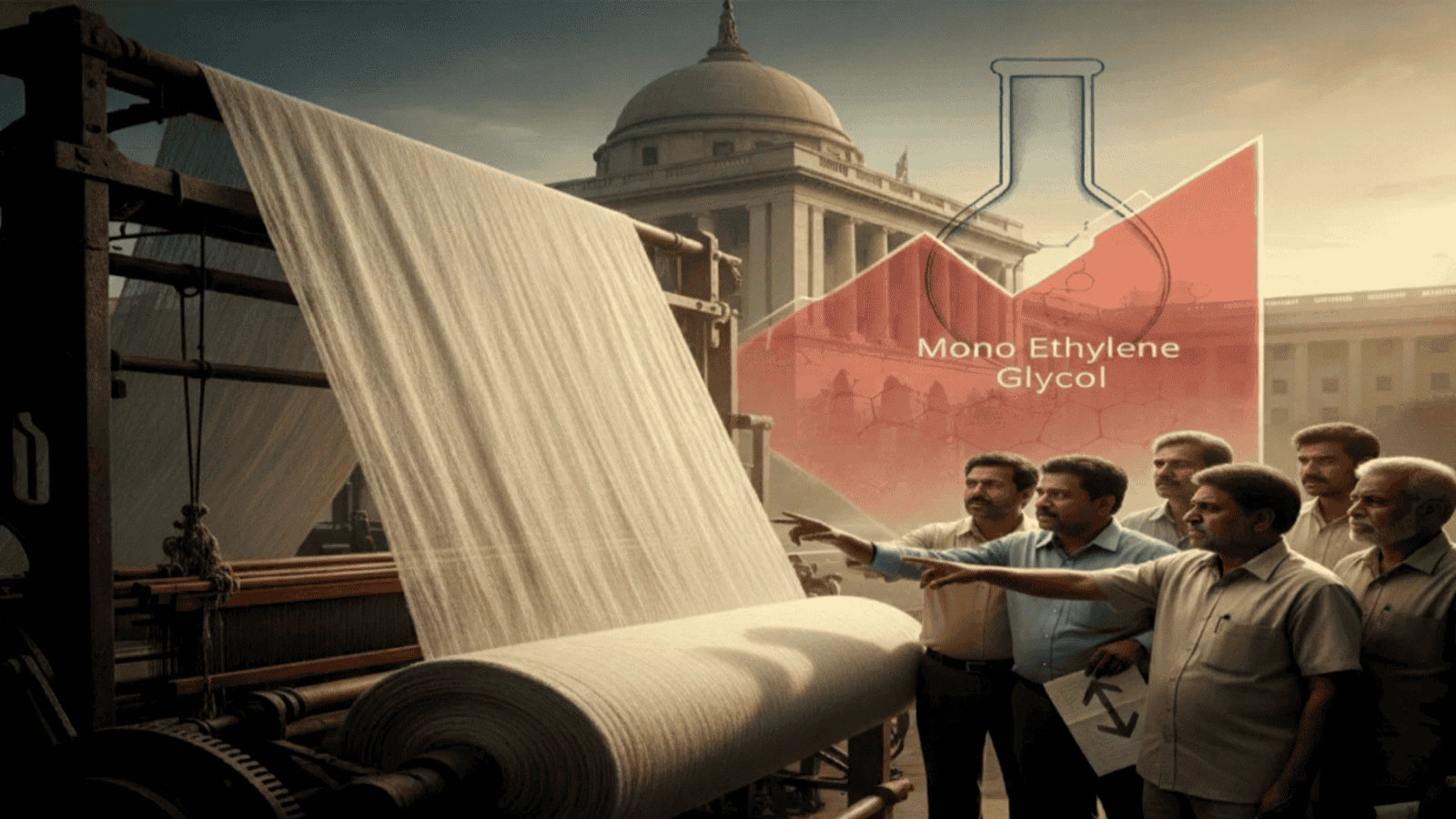


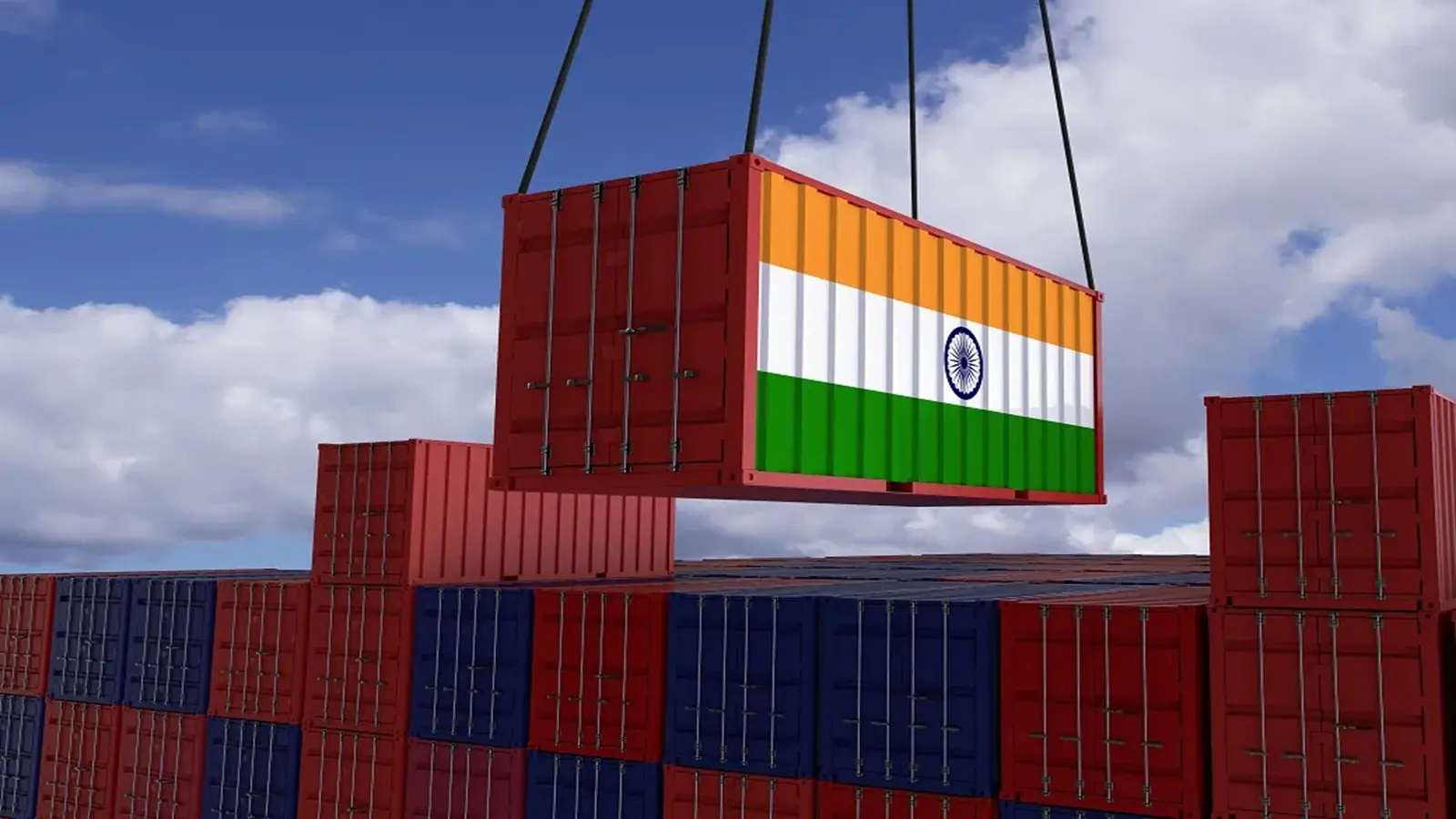

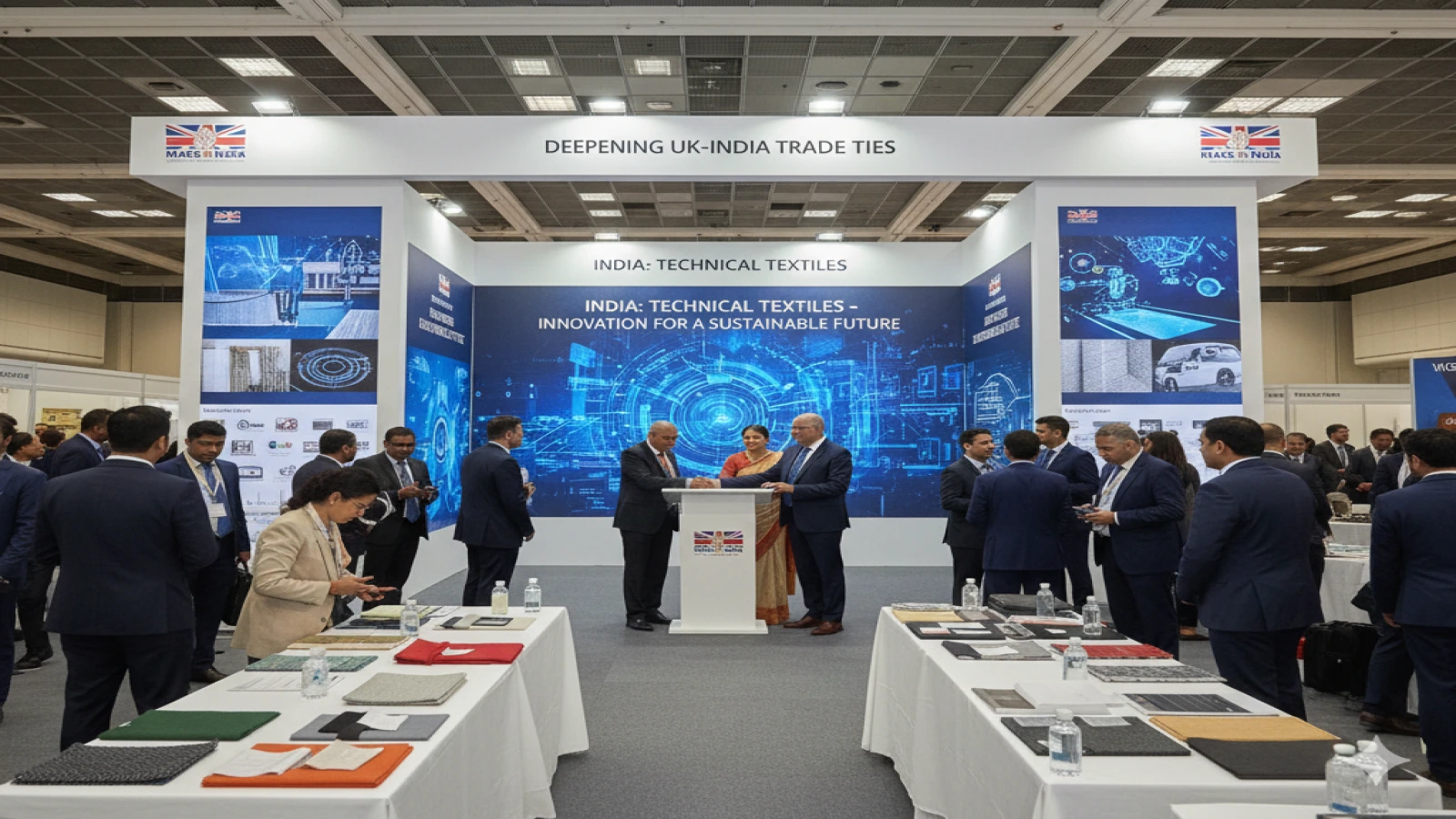


1.webp)
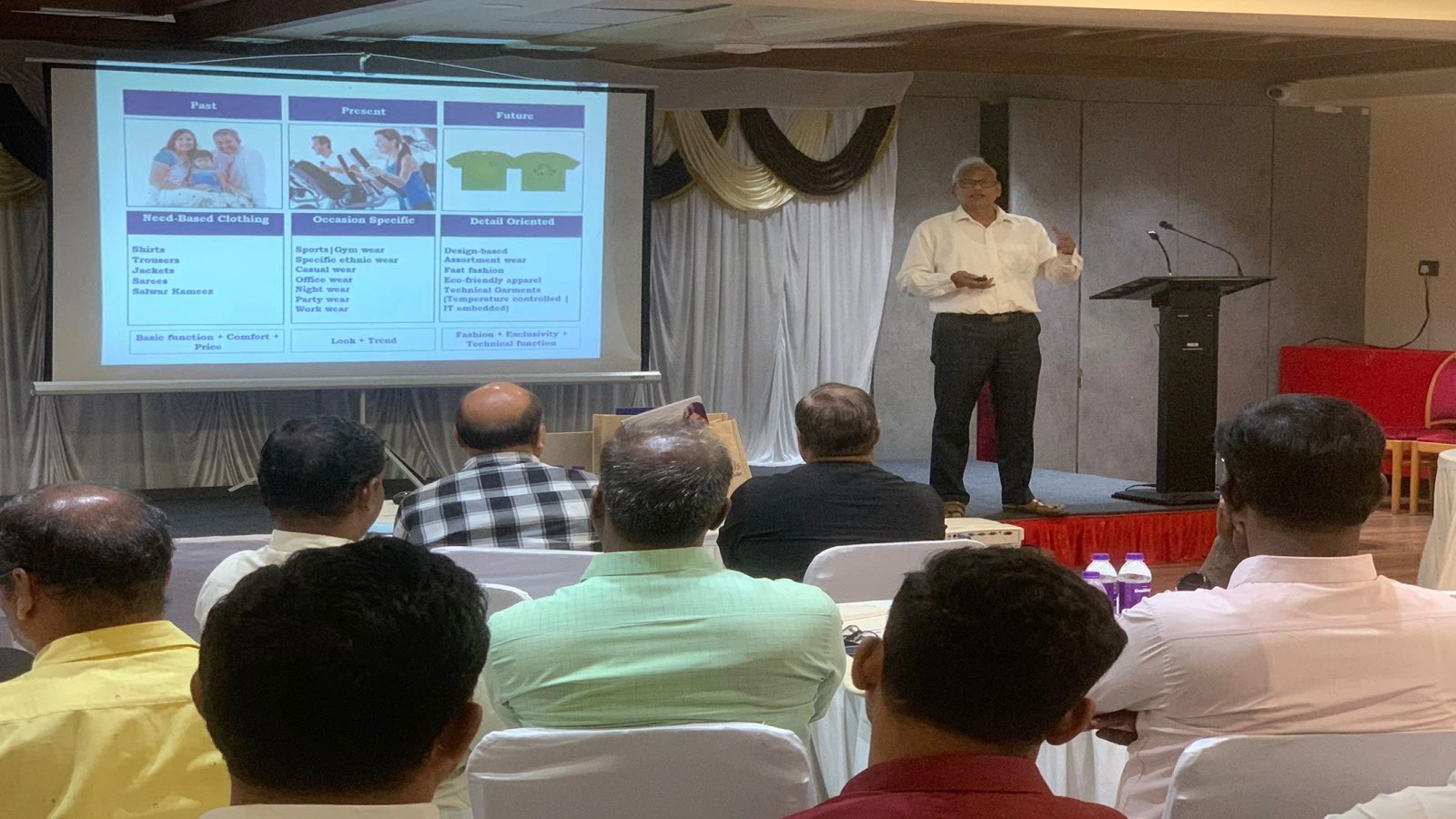

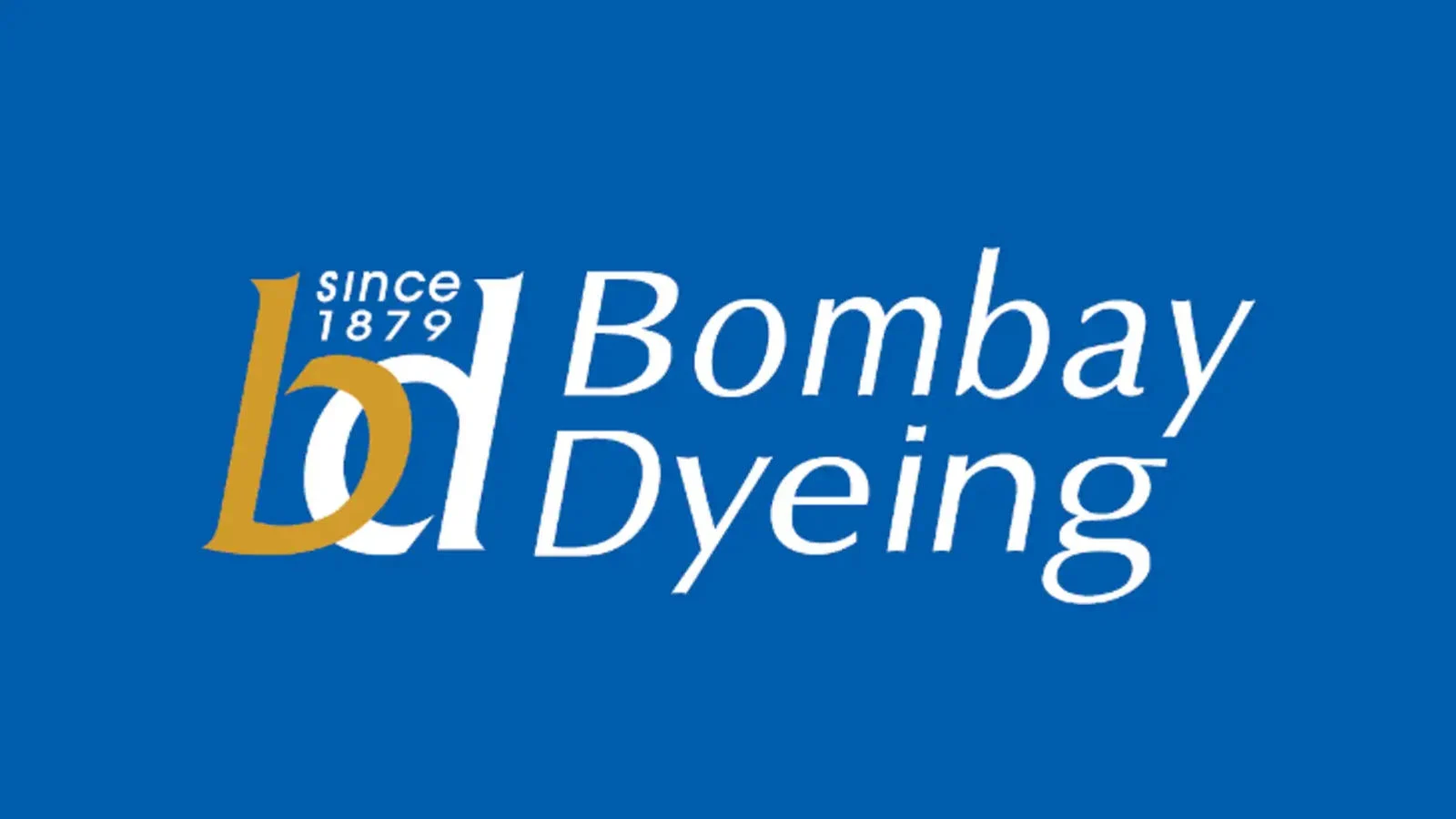

1.webp)

























1.webp)




















1.webp)




1.webp)
1.webp)













1.jpg)










































_large1.jpeg)














































.png)





.jpg)










1.jpeg)